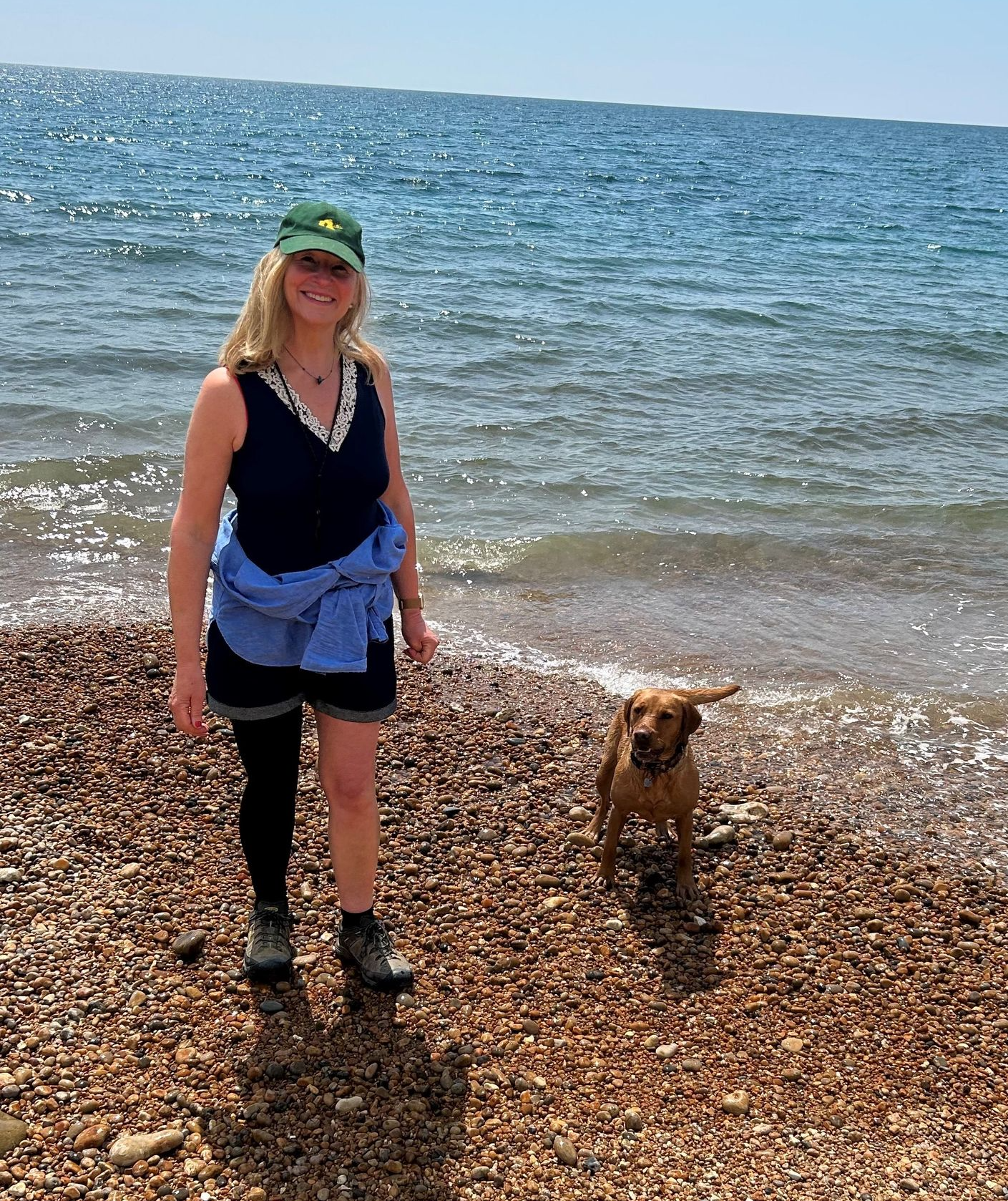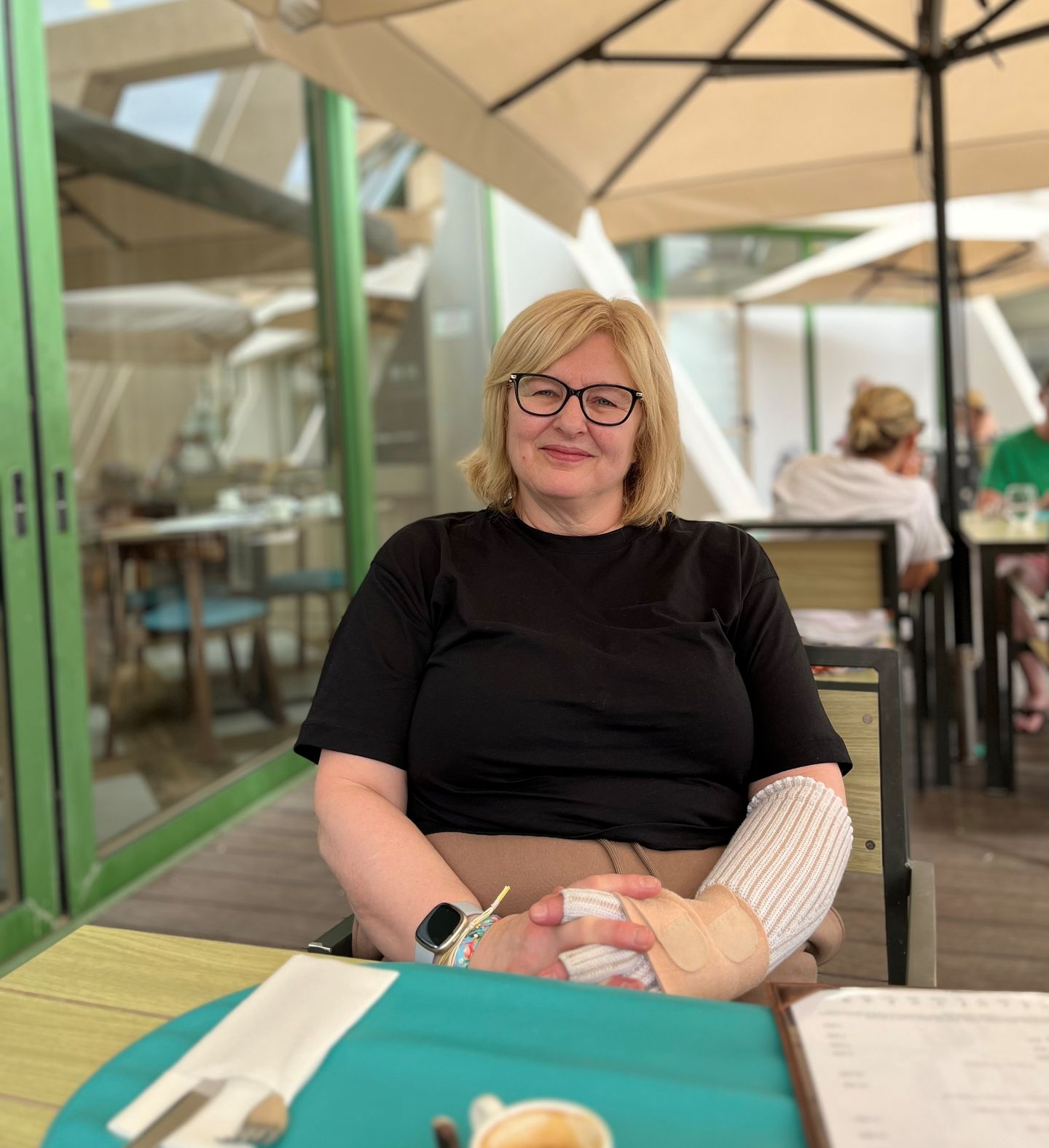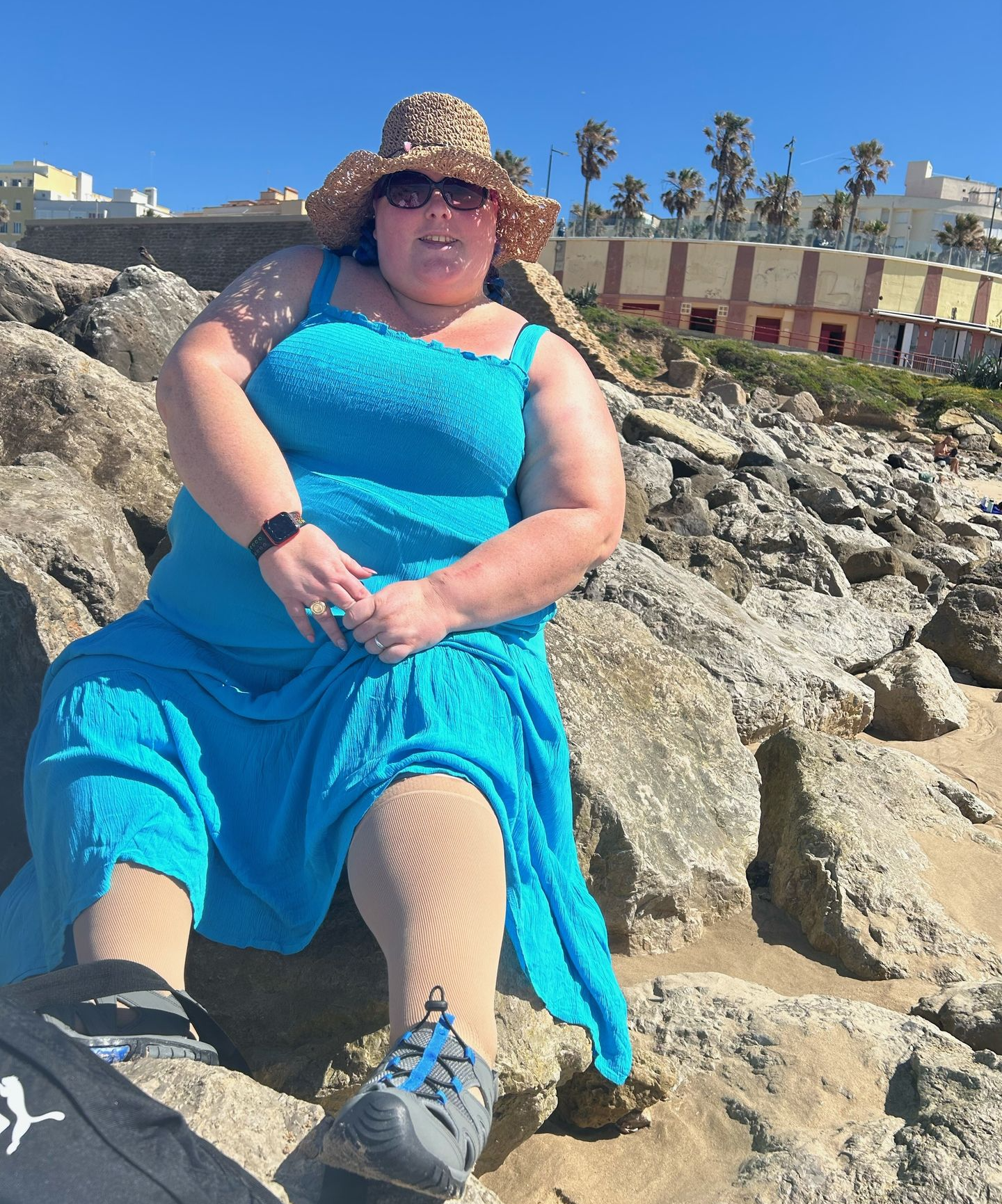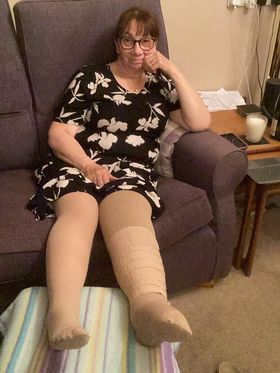Travelling with a long-term health condition:
a practical guide for a safe & enjoyable holiday
Going on holiday should be a relaxing and rewarding experience for everyone — a chance to unwind and explore your new surroundings!
However, for so many living with a long-term health condition, the opportunity to travel away from home can also cause significant additional stress and anxiety.
Managing your health away from home often means dealing with symptoms in an unfamiliar environment, without your usual routines, support network, or access to the care and resources you rely on. The journey can provide excitement but also a variety of challenges, while a different climate can exacerbate your existing symptoms. However, with the right planning and preparation, it’s entirely possible to travel with confidence and actually enjoy your break!
Below are some key aspects to consider when planning to go on holiday, followed by lots of practical travel tips to ensure your journey is smooth and safe and your holiday is as relaxing and enjoyable as it ought to be!
 Image provided by patient. Used with their consent. Not to be reproduced.
Image provided by patient. Used with their consent. Not to be reproduced.
Before you travel ✔
Consult your healthcare provider 🩺
- Obtain medical guidance (if necessary, depending on your health condition), especially if flying or travelling abroad.
- Discuss any adjustments you might require to medications due to time zones, climate and activity level changes.
- Ask for a letter from your GP or specialist nurse detailing your condition and treatment if you deem this necessary. Such information can be invaluable if you need to seek urgent treatment while on holiday.
Organise medications 💊
- Take enough medication for your entire trip, plus extra in case of any unexpected delays! Request an additional prescription prior to your holiday in plenty of time to reduce stress over dispensing times and explain to your GP/specialist nurse the reason.
- Keep medications in their original packaging if possible, with the printed dispensing label attached. Space is always at a premium when packing, but don't be tempted to take your prescription medications without the packaging!
- Carry a copy of your NHS prescriptions and a list of generic medication names. This can be invaluable if you do need to visit a pharmacy or doctor while on holiday.
Arrange travel insurance 📃
- Make sure your travel insurance policy covers pre-existing conditions and medical emergencies.
- Disclose all your health conditions when taking out or renewing your travel insurance. Don't be tempted not to mention a specific health issue as this may invalidate your travel insurance policy entirely.
- If you are a UK national, do apply for a GHIC (Global Health Insurance Card)! It enables you to access essential state healthcare in the European Economic Area (EEA) and some other countries, on the same basis as a resident of that country. It is free of charge to obtain and lasts for 5 years. The UK GHIC has replaced the existing EHIC (European Health Insurance Card), if you have an existing EHIC you can continue to use it until the expiry date and then reapply for a GHIC.
- Remember a GHIC/EHIC does not replace adequate travel insurance! You should have both arranged before travelling.
- It may not be possible for some long-term health conditions, such as terminal cancer, to be covered by your travel insurance policy, or you may need to shop around to find a specialist insurance provider in order to obtain the cover you need. Allow yourself plenty of time to arrange this and to reduce associated stress! Be aware of what is/isn't covered by your policy and it is a good idea to carry your policy documents with you in your hand luggage.
Plan your itinerary carefully 🧭
- Try to avoid overly packed schedules or strenuous excursions. Think about your health needs and remember a change in climate and environment could impact upon your symptoms and/or slow you down physically.
- Research local healthcare facilities at your destination, just in case!
- Consider mobility needs, climate sensitivity and access to rest breaks.
- Pre-book seats on aeroplanes, trains and any other transport where legroom and accessibility are key. It is worth the extra few pounds for peace of mind that you will have a seat, enough legroom and an accessible toilet. Notify operators of any special assistance you may require prior to travel.

 Images provided by patients. Used with their consent. Not to be reproduced.
Images provided by patients. Used with their consent. Not to be reproduced.
When travelling & at your destination ✈
- Pack a medical essentials kit - include your medications, first-aid items, hand sanitiser, condition-specific supplies (like extra compression, glucose meters, inhalers), and your medical letter.
- Keep medications in hand luggage - always carry vital medications in your cabin bag in case your checked luggage is lost or delayed. Take a copy of your NHS prescription away with you, if possible.
- Stay hydrated and eat well - keep to regular meals and stay hydrated, particularly on long flights or in hot climates. Remember to drink bottled water, unless advised local tap water is safe to drink. Keep alcohol consumption down - it won't help you to stay hydrated!
- Monitor your condition and symptoms daily - take regular readings (blood pressure, glucose, etc.) if relevant. Use a health tracking app if you prefer digital records.
- Try to avoid infections - wash hands frequently, wear a mask in high-risk areas (especially during flu/COVID season) and stay up-to-date with vaccinations. Use insect repellent to avoid bites - these can cause a skin infection called cellulitis to develop for lymphoedema/lipoedema patients.
- Use mobility aids if needed - notify airlines and accommodation providers in advance if you need assistance or accessible services. Don't be afraid to ask for help!
- Protect against climate extremes - pack sun protection for heat-sensitive conditions or warm layers if cold aggravates your symptoms. Ensure you have sufficient sun protection for your entire holiday so you don't have to purchase more while away - you may not be able to find your usual brand and some sun creams can aggravate skin conditions.
- Stay active, but sensibly! Gentle walking or swimming may be beneficial, but avoid overexertion. Rest often. Watch out for chlorine from swimming pools aggravating skin conditions.
- Know emergency numbers - keep a list of emergency contacts, including your doctor, a local health facility, and the emergency number in the country you’re visiting. Carry your travel insurance details with you in your day bag, if possible.
-
Wear medical ID - a bracelet or card listing your condition, allergies and emergency contact can be life-saving!
Read our guide for further travel advice for specific health conditions
When you return home 🌧
After your holiday, it’s a good idea to take a moment to check in on your health and replenish anything you’ve used while away.
- Review your medical supplies. Check stock levels of any medications, compression garments, catheters, stoma bags, dressings or skincare products (as relevant to you) and order repeat prescriptions promptly. Dispensing can take a few working days so try to action this as soon as you can once you are home.
- Monitor for delayed symptoms. Some issues, like infections or flare-ups, may arise a few days after you return — seek medical advice if anything feels unusual.
- Rest and rehydrate. Travel can be tiring, especially with a long-term health condition. Allow yourself time to adjust and recover at your own pace. If you work, try to ensure you allow yourself a day or two to recover from your trip before returning to the workplace.
- Note what worked well for you. Reflect on what helped you manage your condition confidently while abroad — it can make future trips even better and give you more confidence when travelling!
 Image provided by patient. Used with their consent. Not to be reproduced.
Image provided by patient. Used with their consent. Not to be reproduced.
 Image provided by patient. Used with their consent. Not to be reproduced.
Image provided by patient. Used with their consent. Not to be reproduced.
Travelling with a long-term health condition may involve a bit more planning, but it shouldn't stop you from enjoying the enriching experiences of a holiday. Whether you’re navigating airports with a stoma, managing eczema in the sun, or packing catheter supplies for peace of mind, the key is preparation.
For further travel advice for specific health conditions including lymphoedema, lipoedema, a stoma, eczema or a urological condition, check out our additional guide here.
With a little extra forethought — like organising your medications, packing appropriately, and knowing where to get help if needed — you can reduce stress and focus on what matters most: relaxing, exploring and enjoying your time away!
Your health condition is just one part of your life — it shouldn’t hold you back from seeing the world.
Safe travels! ✈ 🌍
Share this guide: